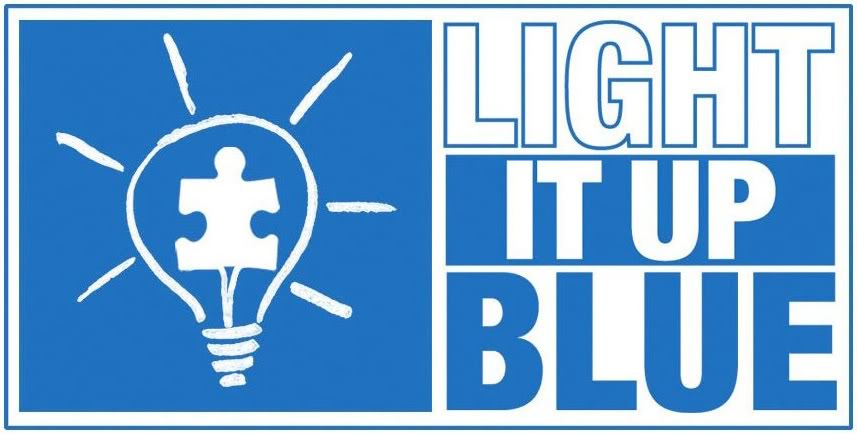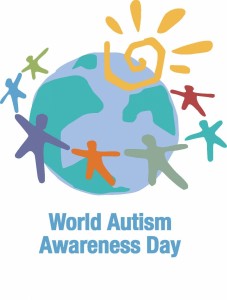About AS:
- It is a neurological disorder that affects the way information is processed in the brain.
- AS is a hidden disability. Many people appear very competent, but they have difficulties in the areas of communication and social interaction.
- AS has a genetic and hereditary component and may have additional or interactive environmental causes as yet unknown.
- AS is a developmental disability. All individuals have social/emotional delays, but continued growth seems to be life-long.
- The incidence of AS is thought to be 1 in 250. As many as 50% of people with AS may be undiagnosed.
- There are currently four males diagnosed with AS for every one female, but the true ratio may be as high as one female for every two males.
AS affects each person differently, although there is a core set of features that most people with AS have, to different extents:
- People with AS have normal to very high intelligence and have good verbal skills.
- Challenges with the use and understanding of language in a social context.
- Trouble understanding what someone else is thinking and feeling (called theory of mind or perspective taking).
- Needing to be taught social behavior that is “picked up on” intuitively by others.
- Difficulty understanding non-verbal cues such as hand movements, facial expressions, and tone of voice.
- Challenges with organization, initiation, prioritizing, all called executive functioning tasks.
- Focusing on small details rather than the bigger picture
- Most people with AS have intense interest areas such as movies, geography, history, math, physics, cars, horses, dogs or reptiles. These interest areas change every 3 months to several years
- Friendships are usually formed through mutual interest areas or activities.
- Most people with AS view the world in black and white with difficulty compromising or seeing the gray areas.
- Most individuals with AS describe themselves as feeling different, like aliens in our world.
- Anxiety and/or depression are major components for many people with AS and may affect their ability to function.
- Some individuals with AS have extreme and debilitating hyper- or hypo-sensitivity to light, noise, touch, taste, or smell. The environment can have a profound impact on their ability to function.


